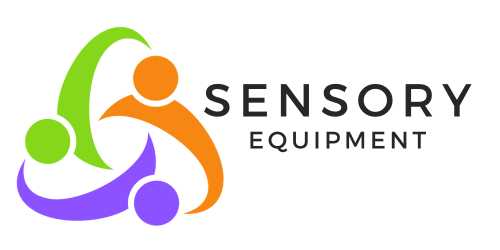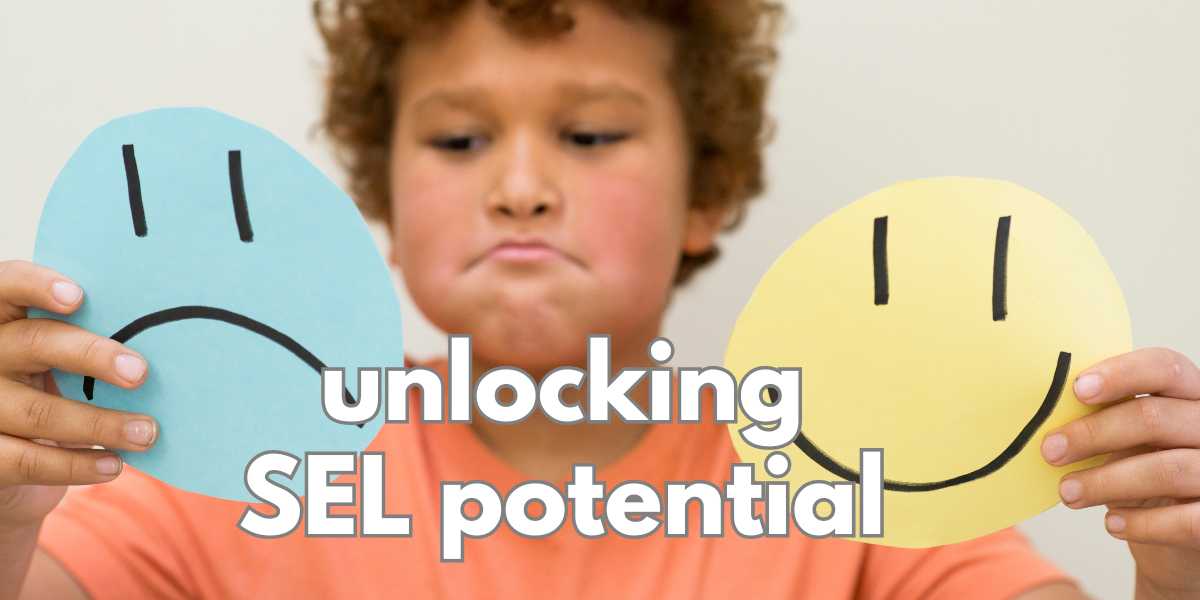Social and Emotional Learning (SEL) has emerged as a crucial developmental tool for children with autism, fostering essential skills that extend beyond academic achievement. Recognising and addressing the unique social and emotional needs of children on the autism spectrum can significantly enhance their overall well-being and contribute to a more fulfilling life. In this article, we explore what SEL entails and discuss effective tools to aid the development of children with autism.
Understanding Social and Emotional Learning (SEL):
SEL is an educational framework that goes beyond traditional academic learning. It focuses on cultivating skills related to self-awareness, self-regulation, social awareness, interpersonal skills, and responsible decision-making. For children with autism, who may face challenges in social communication and interaction, SEL provides a structured approach to developing crucial life skills.
Key Components of SEL for Children with Autism:
Emotion Recognition and Regulation:
- Visual aids, emotion cards, and emotion charts can help children with autism recognise and understand different emotions. Social stories are also effective in teaching appropriate emotional responses.
Social Skills Development:
- Role-playing activities, social scripts, and video modelling can assist in teaching and practising social skills. Social skill games and structured group activities provide a supportive environment for learning and applying these skills.
Self-Awareness and Self-Advocacy:
- Journaling and reflective activities can help children with autism develop a better understanding of themselves. Visual schedules and cue cards aid in promoting self-advocacy by enabling them to express their needs and preferences.
Problem Solving and Decision-Making:
- Scenario-based activities and interactive games can enhance problem-solving skills. Visual organisers and decision-making frameworks provide guidance in making responsible choices.
Executive Functioning Skills:
- Visual schedules, timers, and task organisers support the development of executive functioning skills. These tools assist children in planning, organising, and completing tasks independently.
Implementing SEL Strategies:
Inclusive Classroom Practices:
- Collaborate with educators to incorporate SEL into the curriculum, ensuring that activities are adapted to meet the specific needs of children with autism.
Parental Involvement:
- Encourage parents to reinforce SEL strategies at home through consistent use of visual supports, communication tools, and collaborative problem-solving.
Therapeutic Support:
- Work closely with therapists, including speech and occupational therapists, to integrate SEL into therapeutic sessions. This collaborative approach ensures a holistic and targeted intervention.
Conclusion:
Social and Emotional Learning holds immense potential as a developmental tool for children with autism. By incorporating tailored strategies and tools, educators, parents, and therapists can create an environment that nurtures social and emotional skills, empowering these children to navigate the complexities of the social world and lead more fulfilling lives.








